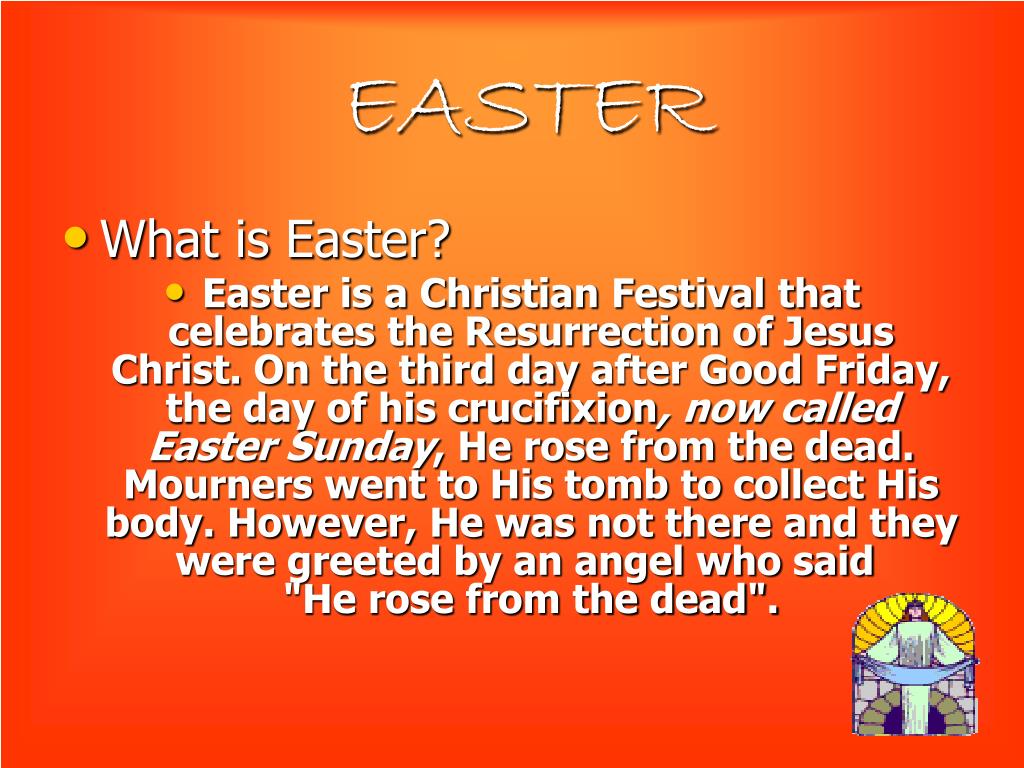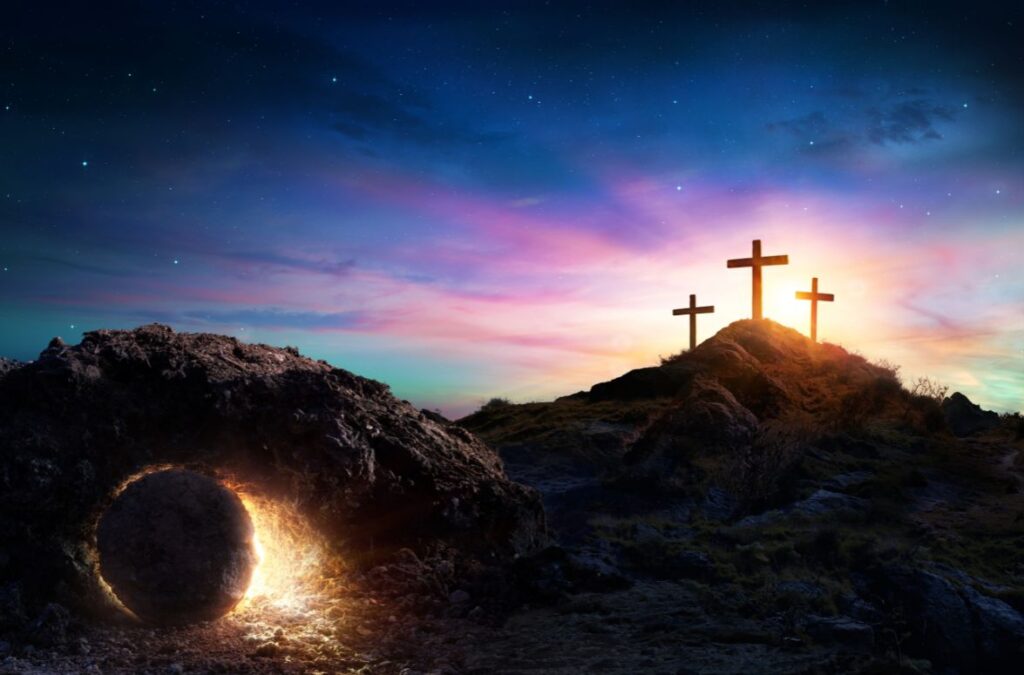Understanding The Significance Of Easter 2026: A Comprehensive Guide
Understanding the Significance of Easter 2026: A Comprehensive Guide
Related Articles: Understanding the Significance of Easter 2026: A Comprehensive Guide
Introduction
With enthusiasm, let’s navigate through the intriguing topic related to Understanding the Significance of Easter 2026: A Comprehensive Guide. Let’s weave interesting information and offer fresh perspectives to the readers.
Table of Content
Understanding the Significance of Easter 2026: A Comprehensive Guide

Easter, a pivotal holiday in the Christian calendar, marks the resurrection of Jesus Christ. This celebration, observed annually on a Sunday, carries profound religious and cultural significance. Determining the date of Easter each year requires a specific calculation based on the lunar and solar cycles. This article delves into the intricacies of calculating Easter 2026, exploring its historical context, the methods employed, and the impact of this date on various aspects of life.
The Calculation of Easter:
Easter is not fixed on a specific date but falls on the first Sunday after the first full moon on or after the vernal equinox. This complex system, known as the "Computus," has been employed for centuries to determine the date of Easter. The vernal equinox, which marks the beginning of spring in the Northern Hemisphere, typically occurs around March 20 or 21.
The full moon after the vernal equinox is known as the "Paschal Full Moon," and the Sunday following it is Easter Sunday. The date of the Paschal Full Moon, however, is not directly based on the actual astronomical full moon but rather on a complex set of rules outlined in the ecclesiastical calendar.
Easter 2026: A Detailed Examination:
For Easter 2026, the vernal equinox falls on March 20th. The Paschal Full Moon, according to the ecclesiastical calendar, falls on April 11th, 2026. Consequently, Easter Sunday in 2026 falls on April 12th.
The Historical Context and Significance of Easter:
Easter commemorates the resurrection of Jesus Christ, a central event in Christian theology. The crucifixion and subsequent resurrection are believed to offer salvation and eternal life to believers. This event is celebrated with various religious ceremonies, including church services, prayers, and readings from the Bible.
Cultural and Social Impact of Easter:
Beyond its religious significance, Easter has become a cultural holiday worldwide. It is celebrated with various traditions, including:
- Easter Eggs: Decorating and hiding eggs symbolizes new life and the resurrection.
- Easter Bunny: The Easter Bunny, a mythical creature, delivers chocolate eggs and other treats to children.
- Easter Feasts: Families gather for special meals featuring traditional dishes like lamb, ham, and Easter bread.
- Spring Festivities: Easter often coincides with the arrival of spring, leading to outdoor activities, picnics, and celebrations of new beginnings.
FAQs Regarding Easter 2026:
1. How is the date of Easter determined?
The date of Easter is determined by a complex calculation involving the lunar and solar cycles, known as the "Computus." It falls on the first Sunday after the first full moon on or after the vernal equinox.
2. Why is Easter not on the same date every year?
Easter is not fixed on a specific date because it is determined by the lunar and solar cycles, which are not perfectly aligned with the Gregorian calendar.
3. What is the significance of Easter eggs?
Easter eggs symbolize new life and the resurrection of Jesus Christ. The tradition of decorating and hiding eggs dates back to ancient pagan rituals celebrating spring and fertility.
4. What are some common Easter traditions?
Common Easter traditions include decorating and hiding eggs, the Easter Bunny delivering treats, Easter feasts, and spring-themed celebrations.
5. How does Easter impact the Christian faith?
Easter is a central holiday in the Christian faith, commemorating the resurrection of Jesus Christ, which is believed to offer salvation and eternal life to believers.
Tips for Celebrating Easter 2026:
- Plan ahead: Make reservations for Easter brunch or dinner, purchase gifts, and plan any travel arrangements well in advance.
- Embrace the traditions: Engage in activities like egg decorating, egg hunts, and baking traditional Easter treats.
- Connect with family and friends: Use Easter as an opportunity to spend time with loved ones, share meals, and create lasting memories.
- Reflect on the religious significance: Take time to reflect on the meaning of Easter and its impact on your life.
- Enjoy the spring season: Embrace the beauty of spring with outdoor activities, picnics, and walks in nature.
Conclusion:
Easter 2026, falling on April 12th, holds significant religious and cultural importance. Understanding the historical context and the intricacies of calculating this date allows for a deeper appreciation of this holiday. Whether observed for its religious significance or celebrated as a cultural tradition, Easter 2026 provides an opportunity for reflection, connection, and joyful celebration.
![]()







Closure
Thus, we hope this article has provided valuable insights into Understanding the Significance of Easter 2026: A Comprehensive Guide. We thank you for taking the time to read this article. See you in our next article!